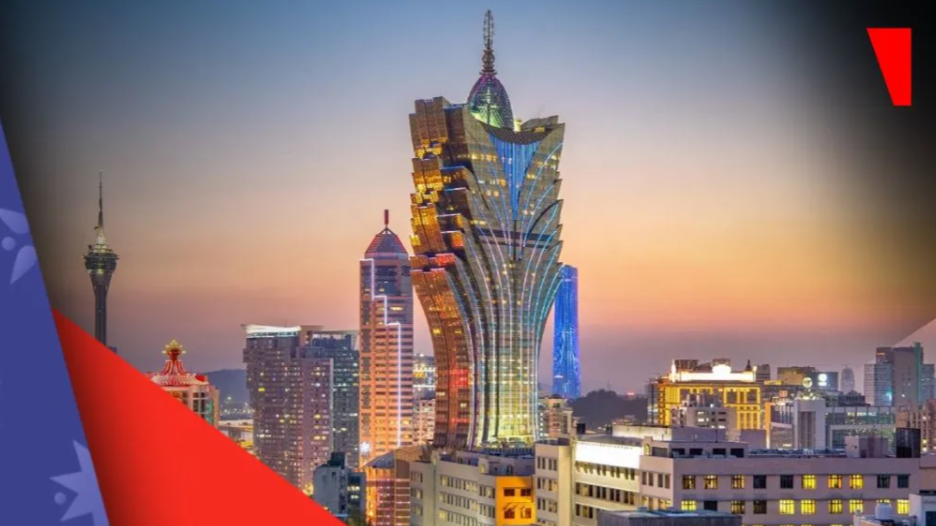
Macau’s job market delivered contrasting signals, with the city recording a steady decline in gaming workers as foreign businesses warn of a growing shortage of skilled talent in non-gaming sectors. These trends, highlighted in newly released government data and a recent United States investment report, point to what experts describe as a “labour paradox” in the world’s largest casino hub.
According to figures published by the Statistics and Census Service, Macau’s gaming industry has now registered three consecutive quarters of year-on-year workforce declines. By the end of September, the sector employed approximately 68,900 people, down 3.6 percent compared with the previous year and the lowest level since late 2023. Staffing in frontline “betting-related” positions, including croupiers and cage managers, fell even more sharply, dropping 6.6 percent to 38,800 workers.
Officials and analysts say the decline is closely tied to the phasing-out of Macau’s satellite casinos, long operated through revenue-sharing arrangements between concessionaires and private investors. Under the city’s revamped gaming law, which aligns with the current concessions of Macau’s six operators, third-party owners will no longer be allowed to share gaming revenue from next year. Instead, they may only earn a management fee via an approved management company.
The changes have prompted operators such as SJM Holdings, Galaxy Entertainment Group, and Melco Resorts & Entertainment to halt support for the satellite-casino model, effectively bringing the system to an end. Of the 11 satellite casinos recorded in June, only six remain in operation. Casino Casa Real is set to cease business on 21 November.
The government estimates that 5,600 local workers will be affected by the closures, including 4,800 employed by concessionaires and a further 800 under satellite operators. Around 400 non-resident workers are also expected to be displaced. Authorities have instructed gaming operators to reassign affected Macau residents to their core operations, though observers note that reassignment alone may not address longer-term structural issues.
However, the issue doesn’t end here; more issues are reflected in a separate assessment by the US Department of State, whose 2025 Macau Investment Climate Statement warns of a persistent shortage of skilled workers, particularly in fields outside gaming and tourism. The report stresses that with unemployment at just 1.7 percent, the city’s challenge is not a lack of jobs but a lack of appropriately trained workers.
Macau’s labour policies also add pressure. Croupiers, taxi drivers, and bus drivers must be Macau residents, while foreign workers can only be hired when no suitable local candidate exists. The city hosted around 183,000 non-resident workers in early 2025, but they are not covered by Macau’s minimum wage.
Efforts to diversify the economy, supported by $15 billion in non-gaming investment commitments from casino operators, have struggled to take off due to the limited talent pool. Recruitment schemes have brought in 521 highly qualified professionals, but observers say this is far from enough to drive major economic transformation.
The combined picture shows one of the most shifting labour markets in Asia. Macau is shedding gaming jobs even as it struggles to fill emerging roles elsewhere, showing a major mismatch between the skills the economy has and the skills it needs.
#MacauEconomy #GamingIndustry #LabourMarket #TalentShortage #NonGamingGrowth #MacauPolicy #AsianMarkets